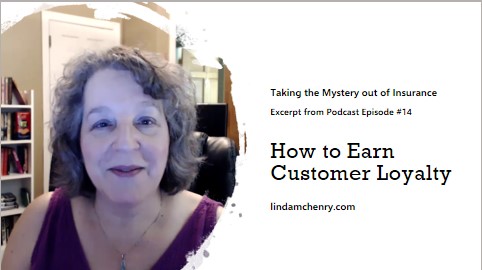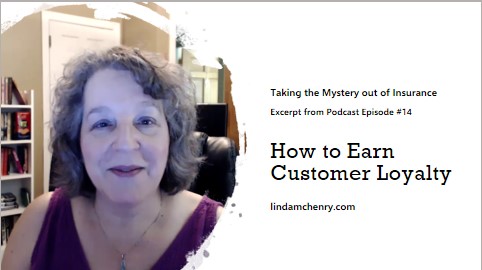Everyone wants to be successful–that’s why marketing yourself is so important. We also want to make money, be recognized and liked, and sell a lot of whatever it is we’re selling–even if it’s just our good reputation.
Unfortunately, some of us jump right into marketing without doing our homework. That can lead us to achieve results that are 180 degrees from where we want them to be. Here are a few tips I’ve learned over the years as an insurance agent, public speaker, and professional writer.
Tip #1: Know and Understand What Marketing Yourself Is … and Is Not
Marketing is selling and promoting products and services in a market. It’s a process that includes a number of different functions, including but not limited to conducting research, networking, and advertising.
Social media has made the advertising piece of the puzzle [seemingly] easy. We post on our Facebook timelines, Twitter feeds, and Instagram stories frequently because doing so is easy and fast. Some people, though, overdo it.
I know that. And so do you.
Remember, social media is only a very small piece of the marketing pie. If you turn people off with the first bite, they’re not coming back for seconds.
Example: I’ll bet you’ve hidden people for 30 days from your own Facebook timeline or unfollowed people because they’re constantly bombarding you with their messages. Messages that don’t change–unless you’re counting the modifications to the color scheme or swapping of images in the Canva design. Ever wonder how many people have hidden YOU from their timelines for 30 days?
Tip #2: It’s all about Your Audience
Take it from me, people don’t want to be sold. They want to buy. They don’t want to be told what’s good, they want to figure it out for themselves. They especially want to matter to the person who attempts to persuade them what’s good and why they should buy it.
When you’re marketing yourself, your mission isn’t selling. Your mission is appealing to your audience. It’s matchmaking. Specifically, matching your product or service to an audience member who needs or wants what you’re offering.
Don’t advertise how great your insurance product is or what a satisfying read your book is. Why? Because that’s what everyone else is doing. Everyone else is talking and people are sick of hearing blah, blah, blah.
Conduct your research, figure out who wants what you’re selling, and then show those people they matter to you, you care about them, and whatever it is you do will benefit them. Behave in a way that SHOWS them you care. Words are cheap. Actions speak louder. (Pardon the cliches, but they’re true!)
Sales and marketing is NOT about you. Sales and marketing is about them. And until you put your audience first, you’re going to lose more of those potential clients/customers than you’ll gain.
Tip #3: Read Dale Carnegie’s “How to Win Friends and Influence People”
I read this book at least once a year.
Why? you might be wondering. That book was written in the 1930s and is outdated, you might be thinking.
Wrong!
People are the same now as they were then. They might dress differently and have more electronic devices now, but inside they have the same needs and yearnings. Carnegie says there are six ways we can make people like us instantly–and he explains what they are in his book.
One of those ways is to Always make the other person feel important.
Why do you think that is? Because feeling important to other people is believed to be the most primal urge in human nature.
People won’t like you, trust you, buy from you, or pay any attention to you if they aren’t convinced you think they’re important. And don’t kid yourself, people’s instincts are often spot on when it comes to recognizing authenticity, or its lack.
Tip #4: Be Generous
Generosity is giving, and giving in a large way. It’s giving with kindness, for the pure joy of making the gift and not expecting or asking for anything in return. Generosity is unselfish and seeks to provide a benefit for someone else and not oneself.
If, in your marketing, you focus on how you can benefit personally from speaking publicly, or sitting on a panel, or volunteering your time–you’re not really being generous. The focus on you offsets the generosity.
Instead, if you realize that by being generous and freely offering your time, expertise, or advice without asking for a direct, one-on-one return, that generosity will communicate its true authenticity. Generosity also focuses on the other person.
I’m not saying to give away the store for free. But I am suggesting you give away pieces of it, judiciously, knowing that by doing so you will (in the long run) benefit tremendously from that generosity. This is the best way to accomplish your goals.
Conclusion about Marketing Yourself
Do your research. Understand your audience. And provide what your audience wants–not what you decide your audience needs.
For more information about marketing yourself and other similar subjects, check out How to Win Friends and Influence People, or any of the many books written by Jeffrey Gitomer, or my book, Taking the Mystery out of Business. You can also watch a recording of my live web class, Marketing Tips for Beginners, on my YouTube channel.







